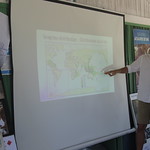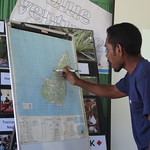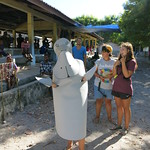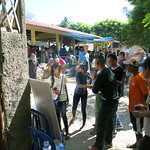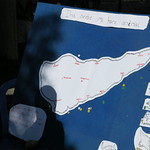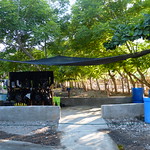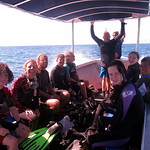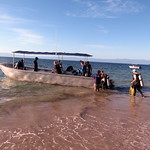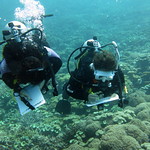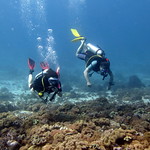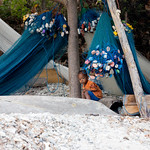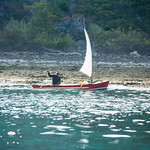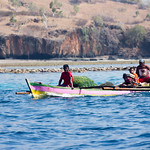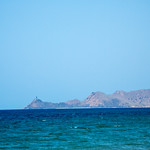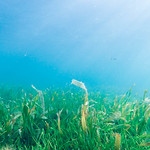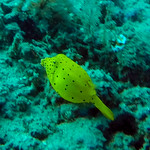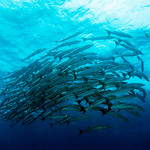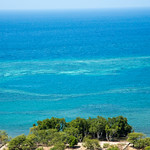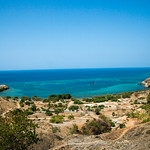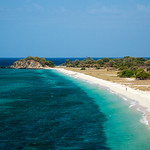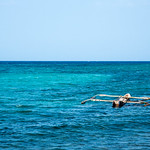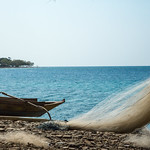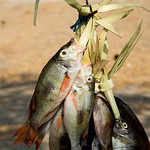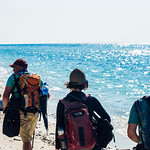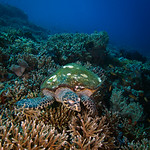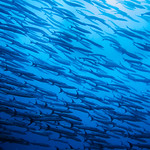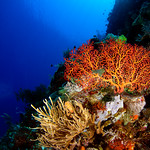Incentivising community engagement in dugong and seagrass conservation in Timor-Leste through volunteer ecotourism (TL2).
Timor-Leste: Atauro island and other dugong hotspots.
$380,000
TL2 aims to develop a replicable model for marine conservation ecotourism to incentivise local engagement in dugong and seagrass conservation in Timor-Leste. The project will pioneer an ecotourism model in Timor-Leste to diversify livelihoods among target coastal communities, generating a sustained source of income for the target population to encourage community-based natural resource management (CBNRM) activities for priority seagrass ecosystems and small-scale fisheries.
TL2 will select and establish an ecotourism site, identify and partner with communities to build their capacity for the implementation of the conservation ecotourism model, and produce related marketing collateral.
The project will prioritise the generation of financial benefits to local communities, for example through accommodation and homestays, meal provision, handicraft sales and the employment of guides.
The community identified during site selection will be engaged alongside the ecotourism project to define threats and priority species for CBNRM. Community members will receive training in ecological monitoring, as well as seagrass and dugong monitoring. By project-end it is intended that a co-management plan will have been developed with the community for priority marine habitats and species, in line with the Guidelines for Establishing Co-Management of Natural Resources in Timor-Leste.
The project will also support CBNRM local partners with the aim of improving fisheries sustainability and marine resource conservation in the long-term, thereby increasing food security and supporting local livelihoods.
Deliverables
- Complete all related surveys and make data available.
- Finalise and authorise Co-Management Group.
- Attain Co-Management Group approval for management plan that includes priority sites for dugong and seagrass conservation.
- Achieve 40 tourists per annum staying more than 21 nights.
- Assure a minimum of US $70,000 per annum in local revenue.
- Achieve sustainability by covering operating costs from ecotourism revenues, with profits reinvested in community conservation efforts.
